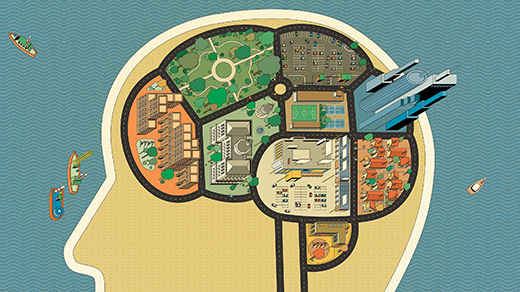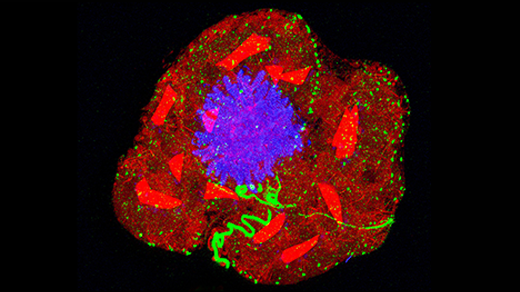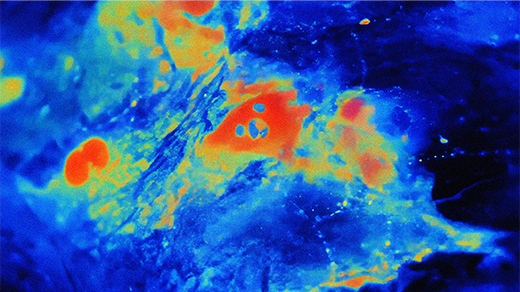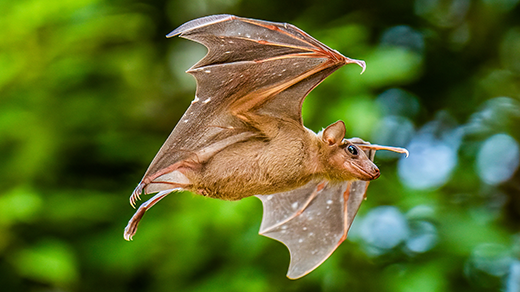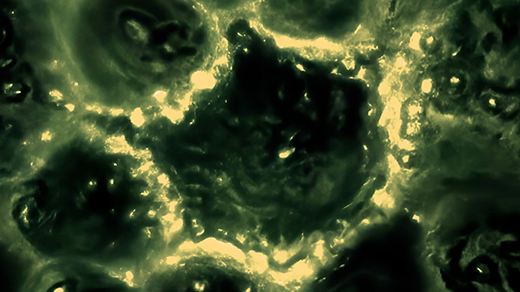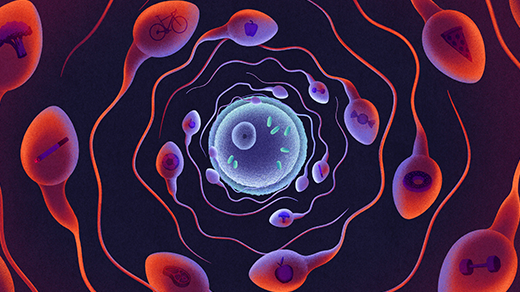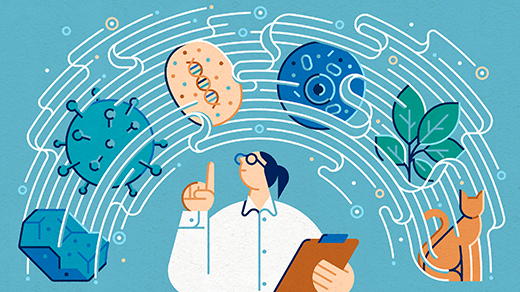What's up in
Cells
Latest Articles
Fed on Reams of Cell Data, AI Maps New Neighborhoods in the Brain
Machine learning is helping neuroscientists organize vast quantities of cells’ genetic data in the latest neurobiological cartography effort.
Expansion Microscopy Has Transformed How We See the Cellular World
How physically magnifying objects using a key ingredient in diapers has opened an unprecedented view of the microbial world.
Once Thought To Support Neurons, Astrocytes Turn Out To Be in Charge
New experiments reveal how astrocytes tune neuronal activity to modulate our mental and emotional states. The results suggest that neuron-only brain models, such as connectomes, leave out a crucial layer of regulation.
How Animals Build a Sense of Direction
Researchers recorded the neurons that shape directional navigation as bats explored a remote island off the coast of Tanzania.
Cells Use ‘Bioelectricity’ To Coordinate and Make Group Decisions
The discovery that tissues use electricity to expel unhealthy cells is part of a surge of renewed interest in the currents flowing through our bodies.
How Dad’s Fitness May Be Packaged and Passed Down in Sperm RNA
Research into how a father’s choices — such as diet, exercise, stress, nicotine use — may transfer traits to his children has become impossible to ignore.
A Cell So Minimal That It Challenges Definitions of Life
The newly described microbe represents a world of parasitic, intercellular biodiversity only beginning to be revealed by genome sequencing.
How the Brain Balances Excitation and Inhibition
A healthy brain maintains a harmony of neurons that excite or inhibit other neurons, but the lines between different types of cells are blurrier than researchers once thought.
Tiny Tubes Reveal Clues to the Evolution of Complex Life
Scientists have identified tubulin structures in primitive Asgard archea that may have been the precursor of our own cellular skeletons.
